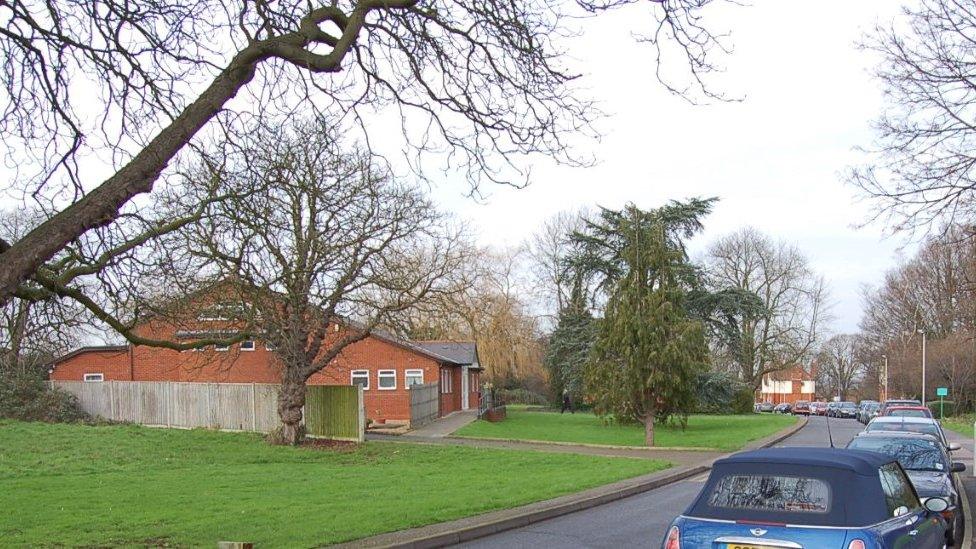Sheffield abuse survivor aims to break black mental health 'taboo'
- Published
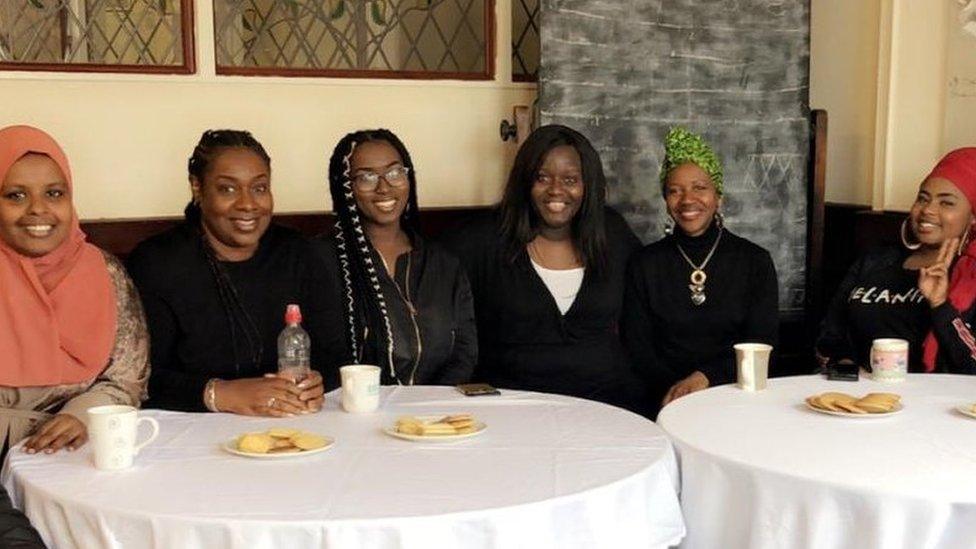
Ursula Myrie (white top, centre) organised events for men and women from Sheffield's black communities to talk about why mental health is sometimes "taboo"
A woman who was abused as a child has launched a campaign to get more black people talking about mental health.
Ursula Myrie organised Breaking the Cycle of Abuse in Sheffield because she said the subject was "taboo" in many black families.
She also made a film on the issue as part of Black History Month.
In December, the government said the Mental Health Act should be rewritten to better represent black and ethnic minority (BME) communities.
Ms Myrie grew up in care homes in London in the 1980s and was relocated to Sheffield in the 1990s because of domestic abuse.
"Mental health issues are seen as a white man's problem," she said.
"It's juju, voodoo, but meanwhile we're over-represented in mental health wards and prisons."
In the film, which will be shown as part of the campaign at a conference on Saturday, people from BME communities discuss family, gender and institutions.
Student Hayden Barrows-Gayle said mental health was "not even [seen as] a real thing in many communities," adding: "You're either crazy or you're lazy."
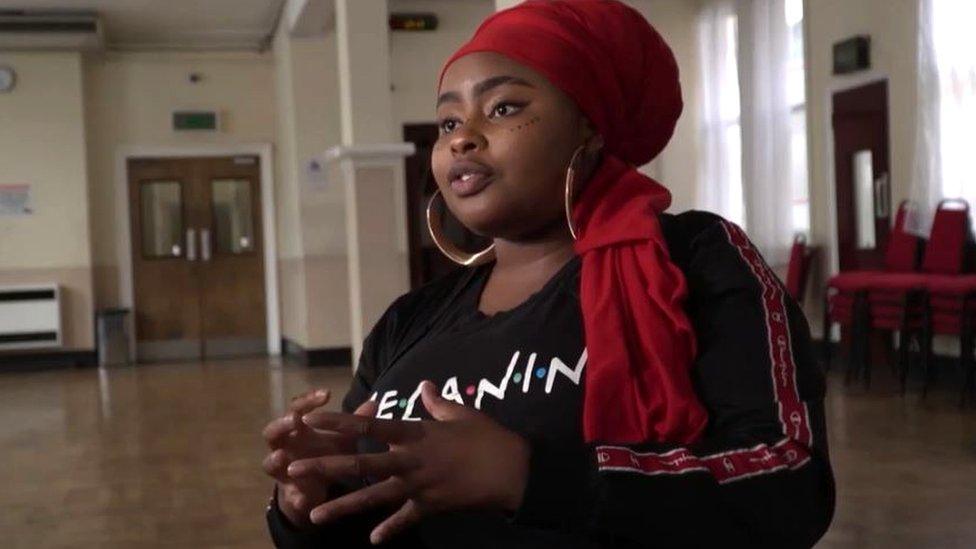
Zara Adeyemi said the "strong" black stereotype has led to mental health problems in the black community
Black rights activist Zara Adeyemi said the stereotype of the "ridiculously strong" black person has led to mental health problems.
"Men and women in the black community now can't be open about our true feelings and emotions," she said.
"Talking about issues in your life is not weakness".
More on Black History Month:
Ms Myrie is one of hundreds offered compensation by Lambeth Council because she was placed in Shirley Oaks children's home in Croydon in the 1980s, which became notorious for its links with a paedophile ring.
She said abuse she experienced as a child meant she was in and out of psychiatric units all her life so she started a black women's support group in Sheffield called Adira.
"Abuse in the black community is still perpetrated, why do we not talk about the real root causes?" Ms Myrie said.
"I need to recycle this pain, to change the culture."
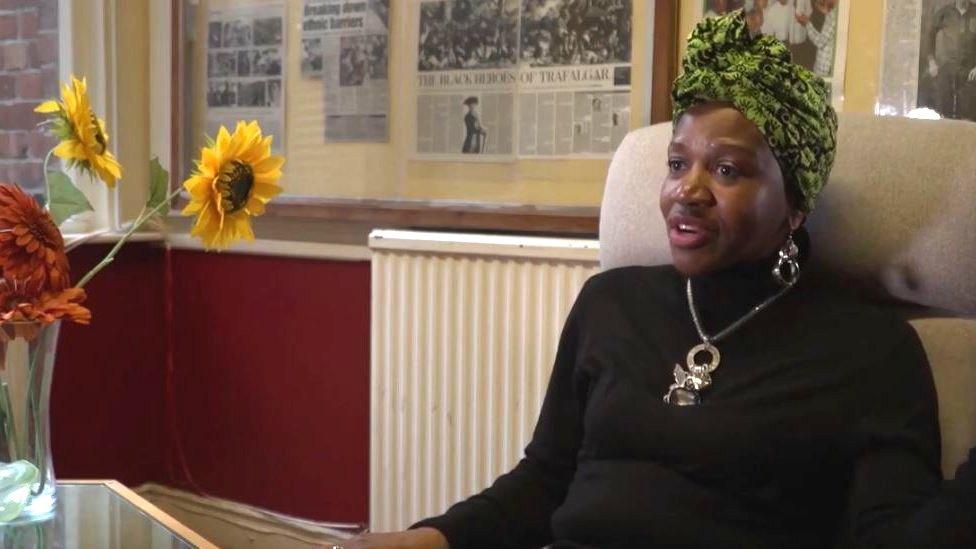
Angela Barrows said adults have a responsibility to stop passing on mental health problems to the next generation
NHS figures have shown nearly twice as many white British people accessed mental health support, yet BME women are most likely to have a mental condition.
Psychotherapist Angela Barrows said the "cycle" of mental health problems and abuse must stop.
"It was only when my mum told me what my grandmother experienced in Panama, Jamaica then Britain that I realised three generations in my family have gone through their own mental health experiences," she said.
"I made a conscious decision; it stops here. As adults we have responsibility to take stock and get support to stop that cycle."
The Breaking the Cycle conference takes place at Victoria Hall Methodist Church in Sheffield on Saturday 12 October from 09:00 - 17:00 BST

Follow BBC Yorkshire on Facebook, external, Twitter, external and Instagram, external. Send your story ideas to yorkslincs.news@bbc.co.uk, external.
- Published6 December 2018
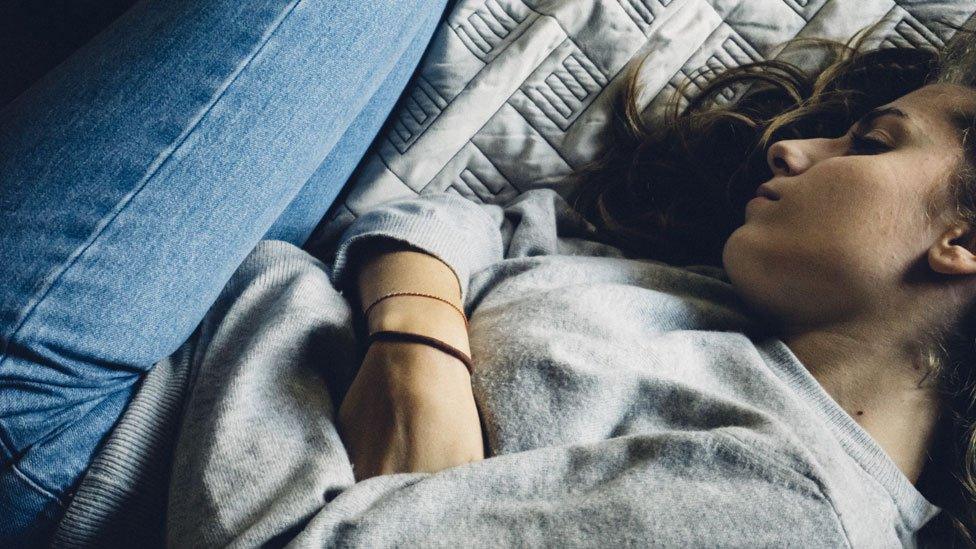
- Published5 October 2018
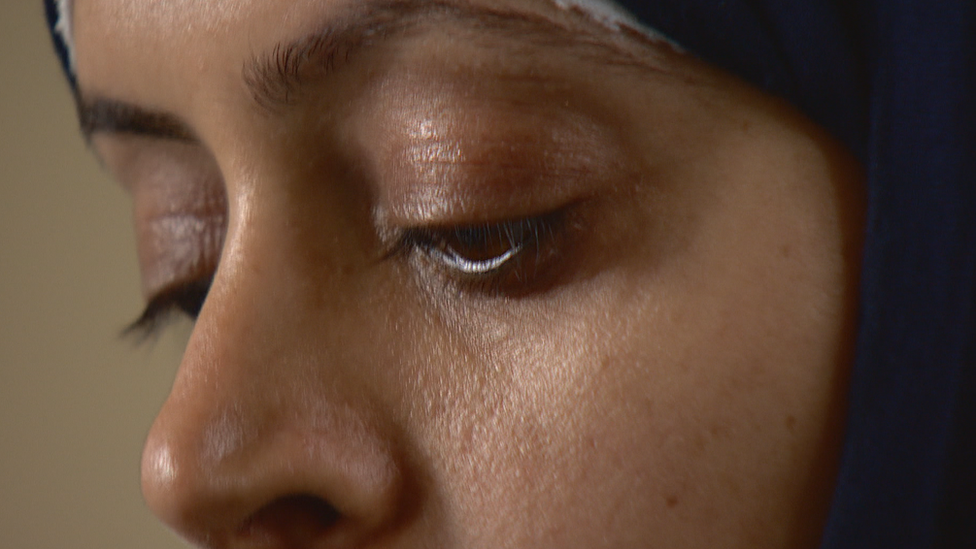
- Published6 July 2018
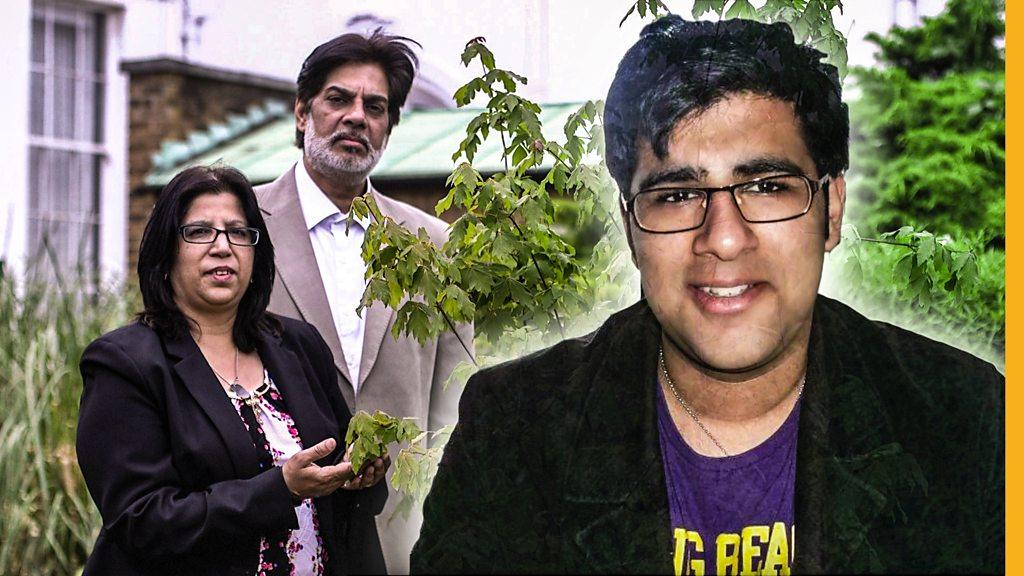
- Published16 November 2017
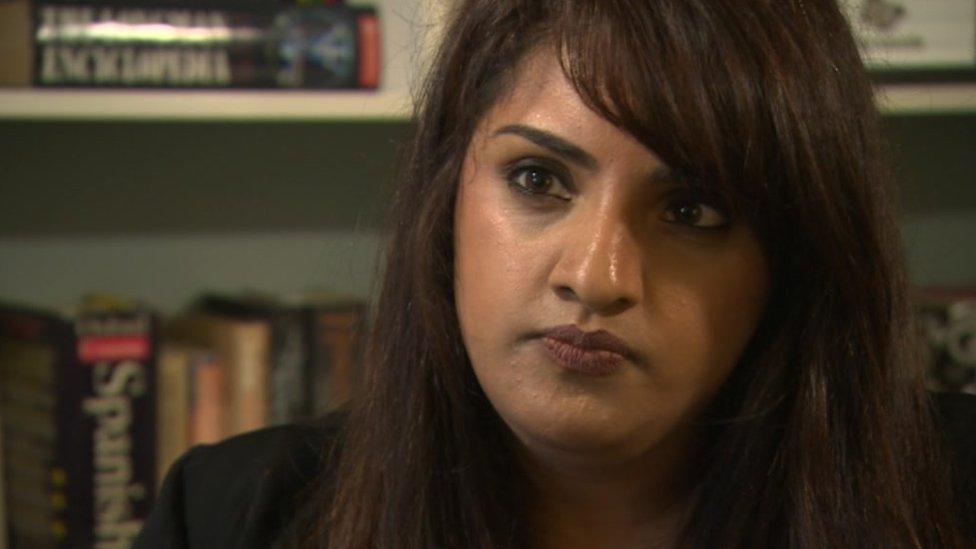
- Published15 December 2016
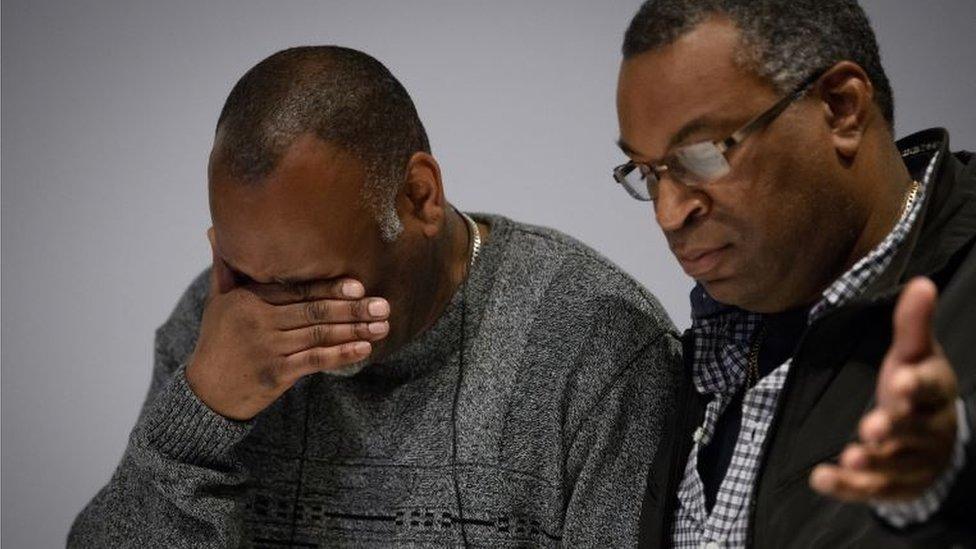
- Published10 December 2015
